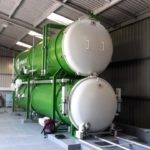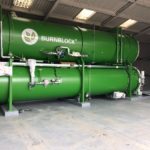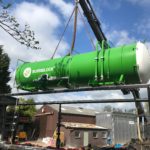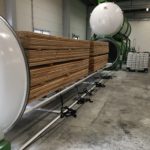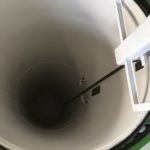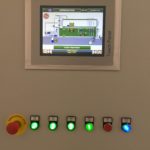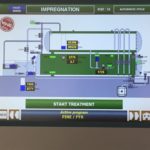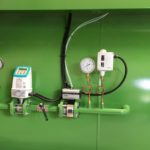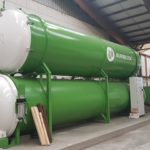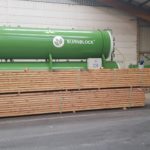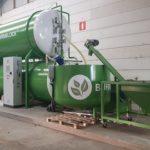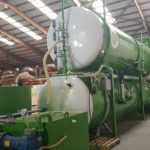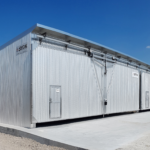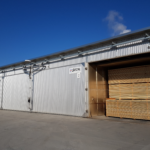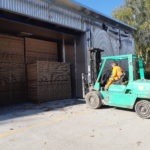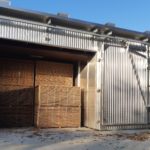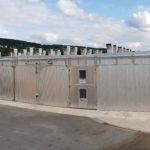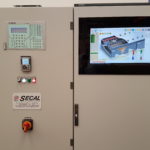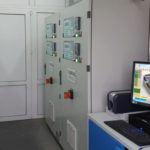Pressure Impregnation is perfect for suppliers and industrial manufacturers of building materials.
Burnblock® is a non-toxic, water-based product, which makes it very easy to handle and extremely flexible to use in a wide variety of materials and manufacturing processes.
We collaborate with a large number of manufacturers, who treat and impregnate building materials with Burnblock. If you are in the market for wood-based fireproofed materials, please feel free to contact us, and together we’ll find the best solution to meet your specific needs.
Large-scale building projects require an effective and non-harmful fire retardant. Burnblock is both non-toxic and an extremely effective fire retardant, making it the perfect solution for most building projects.
Moreover, Burnblock® is:
- Made only out off natural substances, fully biodegradable, non-toxic, pH-neutral, non-corrosive, and VOC emission free.
- Does not need to be heated when mixed – the fire retardant is fully effective at any temperatures normally occurring during manufacturing processes.
- Available in fluid and powder form and can thus be adapted to suit a company’s individual needs and manufacturing facilities.
- Can meet all current statutory requirements for fire retardants. This makes Burnblock a reliable and safe product that can be used for impregnation of absorbent building materials.
What we say is what we can document and we are clear and open about what we cannot document.
Burnblock® impregnation process
Have you ever wondered what the process of impregnating wood with Burnblock® looks like? You don’t have to any more, after watching this video everything will become clear.
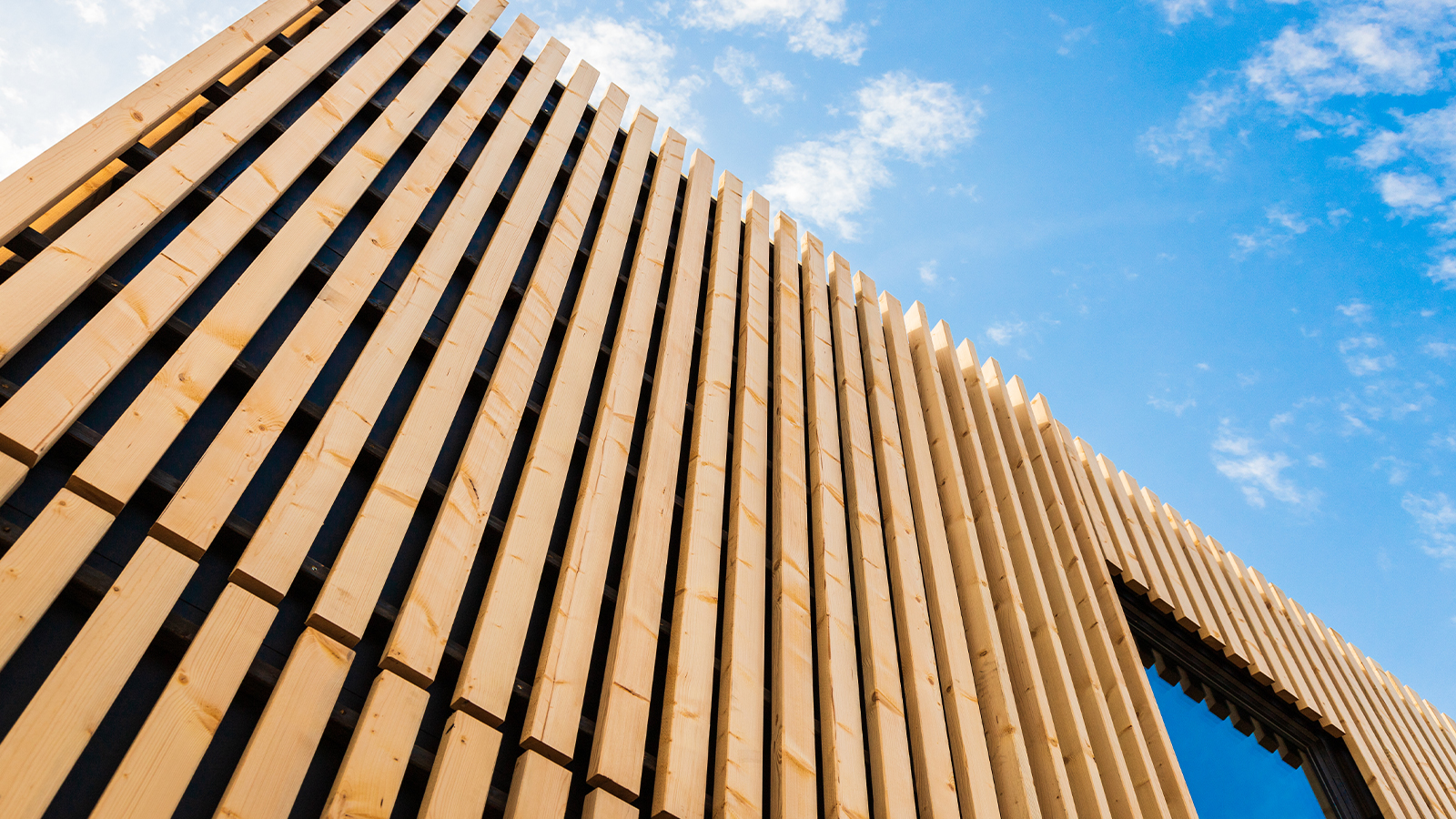
Fit for purpose
Unconventional solutions require an unconventional approach.
You have an idea that does not fit into the current standards for fire tests?
We will turn it into a ready-made plan. We always approach new applications individually and with full commitment.

Our partners
Our partners for service impregnation
will be pleased to advice you about wood
and wood treatment with Burnblock®.
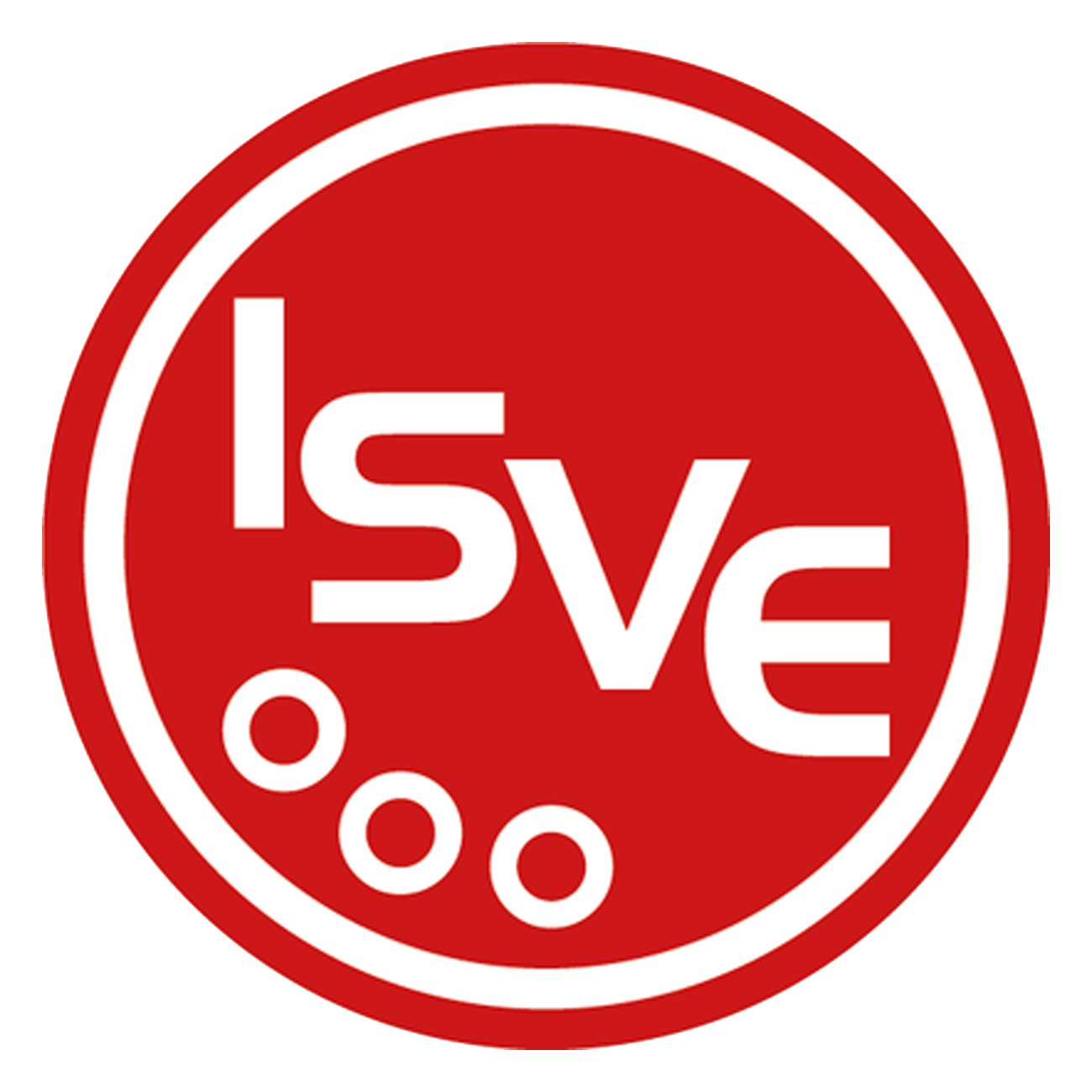
Autoclave - impregnation
We are cooperating with italian company ISVE, a producer of impregnators, systems for the heat treatment of timber and many more.
ISVE, a leader in wood treatment in Italy and abroad, is the first to have used vacuum technology as an element of innovation to support the processing of wood.
From 1977, armed with a business philosophy based on innovation ISVE designs and manufactures vacuum drying kilns, impregnation plants, handling systems, vaporizers, sprayers and systems for heat treatment, also adding the production of shredders and grinders for wood and industrial waste.

Drying equipment
We are cooperating with italian company SECAL. For more than 20 years (since 1995), SECAL has been manufacturing timber drying equipment and technologies. Thousands of installations throughout the world attest to SECAL’s ability to offer excellent solutions for drying any type of wood.
The innovative technologies developed have made it one of the world’s leading manufacturers of timber dryers and number one when it comes to the Global Quality of its products.
